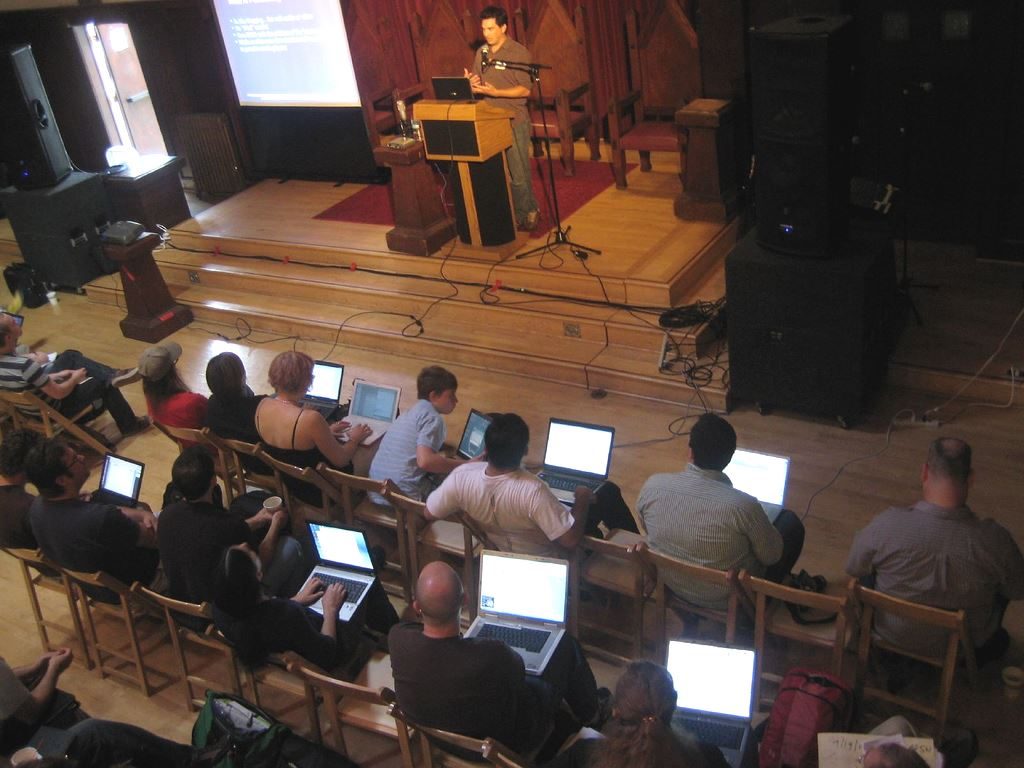Updated 2021-02-11: WordPress market share has now reached 40% of all public web sites.
It is pretty amazing that a free, open source software is the most popular system that is powering more than one third of web sites across the internet. Content management system, publishing platform WordPress has increased its market share to 39.6% of all web sites in 2020. Statistics published in January 2021 also indicate that WordPress was used in 64.1% of web sites that were running on a content management software. The market share of WordPress is increasing, but still, year 2021 will be the most critical year for the product during its life cycle so far.
Here is the top 10 ranking for web site software 2020 according to W3techs:
- WordPress – 39.6% market share of all web sites (64.1% market share of content management systems)
- Shopify – 3.2% (5.2%)
- Joomla – 2.2% (3.5%)
- Drupal – 1.5% (2.5%)
- Wix – 1.5% (2.4%)
- Squarespace – 1.5% (2.4%)
- Bitrix – 1.0% (1.7%)
- Blogger – 1.0% (1.6%)
- Magento – 0.7% (1.2%)
- OpenCart – 0.6% (1.0%)
W3techs says they collect statistics by studying web sites in a similar manner as search engines do, but instead of indexing the content, W3techs identifies the web site’s underlying software technology. Other information, like search engine statistics is utilized as well.
WordPress is a huge success. A large, passionate developer community that creates custom designs, extensions and features for the product has grown along with its success. The future is bright for WordPress, right?

Life in WordPress community won’t be the same after block technology is introduced to its core architecture
A strategic change in the architecture of any product is always a risky move. In WordPress, the risk is known as blocks (also known as Gutenberg). A couple of years ago, the main developer of WordPress, Automattic, decided to change the way web sites will be designed and created in WordPress. The development towards the new block based architecture is gradual. The first phase was a new editor that, among other things, changed our publishing workflow.
The second phase, full site editing is the development goal for 2021. The idea is to change the way WordPress sites are built. The layout will be designed from different types of blocks, and blocks will specify navigation menus and widgets as well.
This is a dramatic change. It will change the way the entire community of independent developers and businesses work with WordPress. It will change how administrators manage WordPress sites. It will change how people publish their stories, or sell their products on WordPress sites.
No matter how smooth the transition is, some people will leave and start working with another software. Others will stay with WordPress, and perhaps the new architecture attracts new people. Ignoring the new architecture, and staying with an old version of WordPress isn’t possible for long because security updates will end some day.
I have briefly tried an early beta of the future block based page builder, but it is too early to write a review about it. Nonetheless, the key things for individuals and organizations that have invested in WordPress web sites are:
- Old themes should be upwards compatible with future releases of WordPress. Theme developers are experimenting with blocks, but consistent solutions are probably available later in 2021.
- Old plugins should be compatible with new releases of WordPress for a long enough period (developers must be given time to update their plugins or inform customers they are not going to update their plugins).
- An alternative way to design a block-based WordPress site should exist. A Javascript block editor may work for simple designs, but a more robust method is required as well.
- WordPress security becomes more complex because of wide deployment of Javascript in the core. The development team should be proactive, and keep security in mind when writing code. Cautious organizations will wait until first security incidents happen before they upgrade to the new architecture. It is important to discover the new attack vectors and risks.
- WordPress performance will change because of wide deployment of Javascript. Depending on the complexity of the site, server hardware, user’s device, and connection speed, performance that a user experiences may be better or worse than earlier. Best practices for setting up a well performing WordPress site should be documented.
